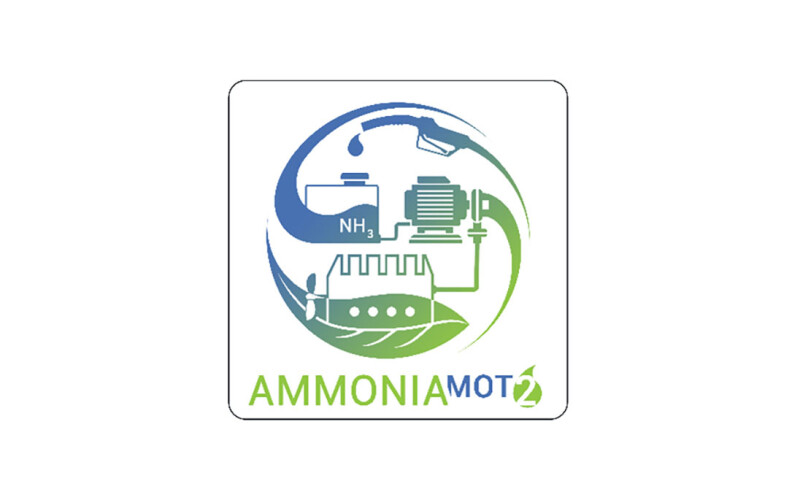MAN Energy Solutions recently released a statement announcing the beginning of their ‘AmmoniaMot 2’ research project, following the successful design and testing of the company’s first two-stroke ammonia engine. The new initiative aims to develop a four-stroke, medium-speed, dual-fuel test engine capable of running on ammonia.
This project builds on the earlier ‘AmmoniaMot’ project, which concluded in May 2024 after conducting fundamental investigations into ammonia combustion in internal-combustion engines. The findings from that project will serve as a foundation for the AmmoniaMot 2 initiative.
MAN stated that the potential applications for ammonia-powered four-stroke engines are primarily in newbuild projects for cargo or special vessels and as auxiliary GenSets for large ammonia-powered two-stroke vessels. For passenger vessels such as ferries and cruise liners, MAN Energy Solutions is currently focusing on methanol as a viable fuel alternative and is developing relevant engine technologies concurrently.
The ‘AmmoniaMot 2’ project, which commenced in August 2024, is set to last for 3.5 years and is supported by the German Federal Ministry for Economic Affairs and Climate Action.
MAN Energy Solutions will lead the project, collaborating with several partners from the original project, including WTZ Roßlau, Woodward L’Orange, the University of Munich (SFM), Neptun Ship Design, the University of Rostock (LKV), GenSys, and MNR.
Alexander Knafl, head of engineering R&D, four-stroke at MAN Energy Solutions, stated that this project represents a logical progression from the previous AmmoniaMot initiative. He emphasized the importance of developing sustainable technologies and identified ammonia as a suitable carbon-free fuel that can significantly reduce CO2 emissions in the maritime industry.
Christian Kunkel, head of combustion development, four-stroke R&D at MAN Energy Solutions, added. “In the original AmmoniaMot project, we laid a strong foundation with our excellent partners and proved that ammonia is a suitable fuel for medium-speed applications with the potential to reduce greenhouse-gas emissions by 90-95% while complying with existing emission regulations. I am more than excited to take the next step with our partners in AmmoniaMot 2. There is no doubt but that ammonia will become an important carbon-free fuel and thus not just contribute to the decarbonization of the maritime sector.”



.jpg.small.400x400.jpg)

